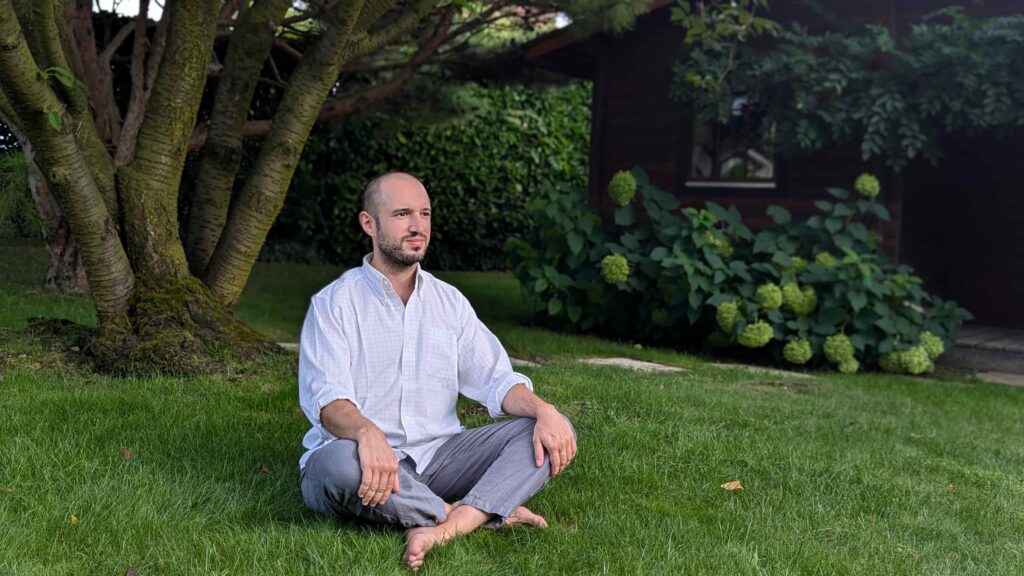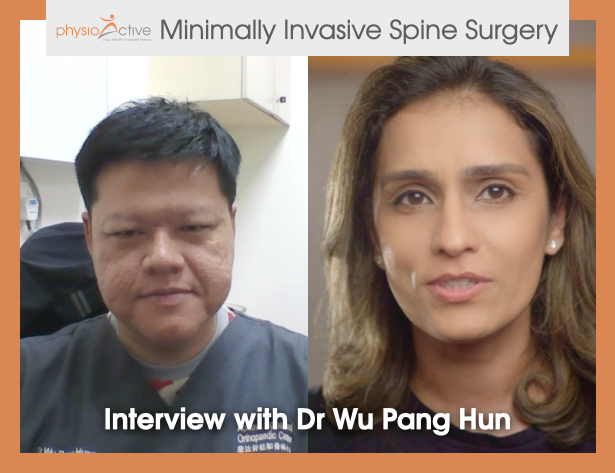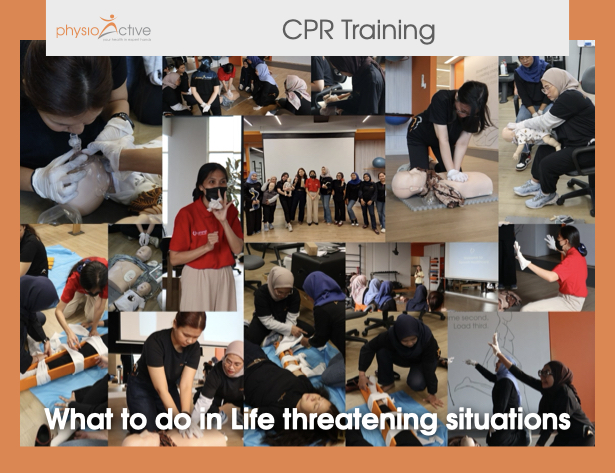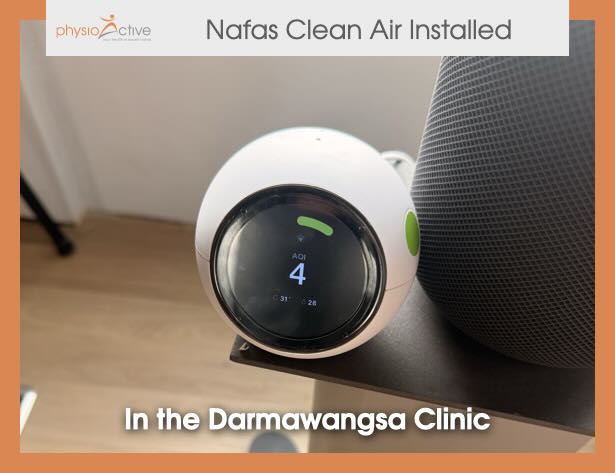Mindfulness-Based Stress Reduction: A Scientifically-Proven Path to Better Health and Well-Being
In our fast-paced, digitally-driven world, stress has become an unwelcome constant companion for millions of people. Whether it’s work pressures, family responsibilities, or the endless stream of notifications from our smartphones, modern life can leave us feeling overwhelmed and reactive. Fortunately, there’s a scientifically-backed solution that’s been transforming lives for over four decades: Mindfulness-Based Stress Reduction (MBSR).
Understanding Stress: When Survival Mechanisms Go Haywire
To appreciate the power of MBSR, we first need to understand what stress actually is. According to certified MBSR instructor Simon Chammas, stress is fundamentally “a fantastic survival mechanism” that all humans possess. When you accidentally touch a hot stove, stress enables you to pull your hand away instantly, without conscious thought.
The problem arises because our brains can’t distinguish between genuine physical threats and psychological stressors. An email from your boss can trigger the same physiological response as encountering a dangerous predator. This leads to elevated heart rate, increased blood sugar, and other stress responses that, when chronically activated, can seriously impact our health and quality of life.

What Is Mindfulness-Based Stress Reduction?
MBSR is a structured program designed to strengthen the prefrontal cortex—the executive part of the brain responsible for awareness and decision-making. This enhanced brain function helps practitioners differentiate between actual threats and mere thoughts or emotions, reducing unnecessary stress responses.
The practice involves learning to pay attention to the present moment in a non-judgmental way. This seemingly simple concept becomes transformative when applied consistently, especially in our current “attention economy” where we’re constantly bombarded with distractions and demands.
The Scientific Foundation of MBSR
MBSR wasn’t born in a meditation retreat or wellness center—it emerged from a hospital setting in the 1970s. Jon Kabat-Zinn, working with the University of Massachusetts Medical Center, developed the program specifically for patients whom traditional medicine could no longer help—those suffering from chronic pain, terminal cancer, and other serious conditions.
The results were remarkable enough to capture the attention of medical professionals, leading to extensive research. Today, studies from prestigious institutions like Brown University, UCSD, and Oxford University demonstrate MBSR’s effectiveness in:
- Decreasing blood pressure
- Reducing pain medication dependency
- Improving pain management
- Reducing symptoms of chronic conditions
- Increasing brain matter density
The MBSR Program: What to Expect
A traditional MBSR program is an intensive eight-week commitment involving nearly an hour of daily meditation practice, weekly group sessions lasting 2.5 to 3 hours, and a half-day retreat. This comprehensive approach ensures participants develop sustainable mindfulness skills.
At Physioactive Indonesia, we understand that healing involves both physical and mental well-being. The integration of mindfulness practices with physical therapy and rehabilitation can significantly enhance recovery outcomes and long-term health maintenance.
Timeline for Results
The timeline for experiencing benefits varies among individuals. Those already familiar with practices like yoga therapy or other mindful activities may notice improvements within a month. For others, the full eight-week program may be necessary to see significant changes. The key factor is consistent practice and genuine commitment to the process.
Real-World Benefits of MBSR Practice
Regular MBSR practitioners typically experience a wide range of improvements, including:
- Better sleep quality: Reduced racing thoughts and physical tension
- Cardiovascular improvements: Lower heart rate and blood pressure
- Reduced inflammation: Less chronic inflammation throughout the body
- Enhanced emotional regulation: Better responses to challenging situations
- Improved relationships: Greater emotional availability and presence with loved ones
- Depression management: Reduced symptoms of chronic depression
These benefits align perfectly with the holistic approach to wellness that Physioactive Indonesia promotes, recognizing that true healing addresses both physical and mental aspects of health.
Starting Your Mindfulness Journey
Beginning a mindfulness practice doesn’t require any special equipment or lengthy preparation. As Simon Chammas suggests, you can start right now by simply asking yourself: “Are you aware of your breath?” The very act of checking in with your breathing is already a moment of mindfulness.
This simple exercise demonstrates how accessible mindfulness can be, even amid our busy lives. Whether you’re recovering from an injury, managing chronic pain, or simply seeking better stress management, MBSR offers practical tools for transformation.
Take the Next Step Toward Better Well-Being
If you’re ready to explore how mindfulness-based stress reduction can transform your relationship with stress and pain, professional guidance can make all the difference. The combination of expert instruction and consistent practice creates the foundation for lasting positive change.
Contact
Simon Chammas
Certified MBSR Instructor|
Website: www.kalooban.com
Bookings: https://calendar.app.google/ipxvG1ke2BvTY3C87
Physioactive Indonesia
Holistic Health and Wellness Center
Website: physioactive.id
WhatsApp: +62 811-8197-975
Booking: https://www.physioactive.id/appointment/



